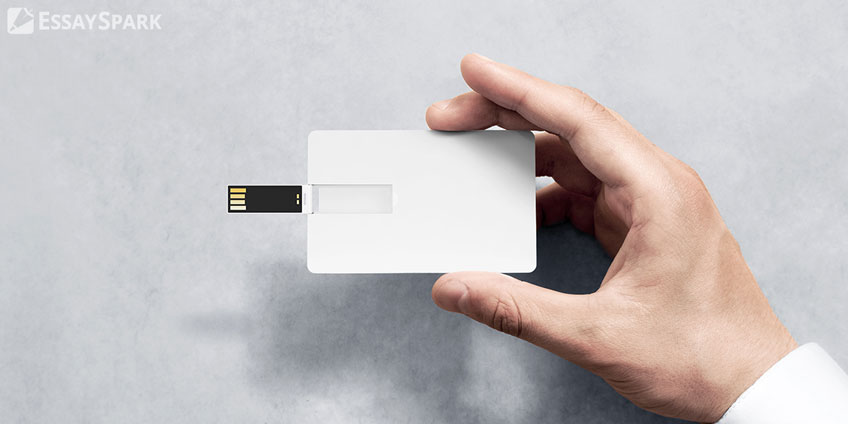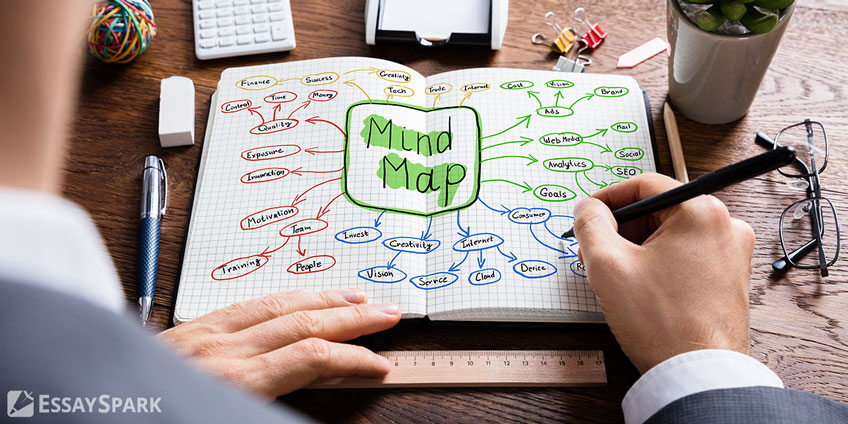
Motivation: Get Pleasure from Your Results
Have you noticed that there is the information that we remember perfectly and in details while forgetting other facts completely? The memory is selective: it retains the things that concern us, touch us, interest us, upset us or surprise us better. To better remember a subject that seems difficult and boring to us, we should connect it with an element that will move us, evoke our curiosity, awaken our interest.
To memorize a chapter of a history book, you can, for example, watch a good movie that shows the events happening at this time. Similarly, if a class bores you, try to remember an anecdote, a story or an example that can illustrate it. This process will not only awaken your interest but also help you to memorize the material. Often, reading a book is not enough to understand and give meaning to a notion. It must be supplemented by other sources.
Have a General Idea About the Topic
For the topics related to the economy and the contemporary world, follow the news, listen to debates. For the scientific topics, you can go to the exhibitions in museums dedicated to science, or watch popular science videos on the Internet. Thus, you will better understand the topics covered by the course, they will seem more interesting and alive, and you will learn them faster. When you are preparing for exams, if you do not have time to do all this, at least try to find an overall plan of your subject: the different parts to review, main chapters, and the most important concepts. Then, and only after, immerse yourself in the revision of each chapter. The learning will be faster because it is easier to memorize the elements if we have a general idea.
You can be sure that the specialists from essayspark.com have a general idea about everything they do, so feel free to order essays from them.
Strategy: Use Your Knowledge

Some people spend a lot of time studying, but nothing comes out of their heads when the exam day comes. Why? That it is because they did not study with the plan to use this knowledge later. On the contrary, if we imagine how we reuse this knowledge, the effect is much better! For example, if some people are able to remember many funny stories in details, it is because hearing them, they imagine themselves already telling them in turn. In the same way, an actor who learns his or her text already imagines himself or herself playing it in front of the audience.
Learn by Thinking About What You Will Be Asked on the Exam
So that the student can find knowledge in his/her memory, he/she must have had the plan to use it: on the exam copy or in his/her future profession. So, when you are studying, you have to imagine yourself answering an easy or difficult question. Think about the type of exercise you are going to be asked to direct your attention to the crucial points. Multiple-choice questions? While you are studying, you should be incredibly attentive and write down all the on your cards. Problems to solve? Then you focus on the problem-solving strategies. An essay to write? By re-reading your notes, you will find out how the ideas are articulated and how to build a plan to address the topic.
Method: Use the Best Techniques to Memorize

Once motivated by what you learn, you should find the right method to keep the information in memory for a long time. Firstly, you should, of course, re-read your notes trying to understand all. In order to do that, you have to replay all the material in your head in a very personal way. For some people, it is useful to take a look at visual representations: they memorize images, formulas, words, and titles, and make their notes colorful. They often underline their notes with a pencil to emphasize words and important parts. Others prefer to learn the material orally. They talk to themselves as they learn, they like to explain things. All methods are good as long as they allow you to understand and remember more effectively.
Supportive Materials

In the end, it is necessary to end up with supportive materials (notes, flashcards, mental maps, diagrams) which are clear, precise and easy to remember. They contain everything you need to remember, but with a presentation that "speaks", because it is already the result of assimilation. Mnemonics can also help you remember lists of words, numbers or formulas: you associate a known element (song lyrics, for example) to the list.
Check What You Have Remembered
Check what you have remembered and what you are able to retell. For that, there is only one solution: hide your books and notes and answer the questions you expect to have at the exam. For scientific subjects, you must know how to do the typical exercises: you are asked to memorize the types of reasoning. When you make a mistake or forget something, go back to studies, find explanations, redo this exercise when you are more focused. To prepare for an oral exam, practice dealing with questions the examiner might ask you. And to write an essay, it is not necessary to waste time, it is enough to entrust it to a professional writer.
Study Group

Work with one, two or three friends. Alternatively, the one plays the role of the examiner and the other – the student. Respect the conditions of the exam (duration), pay attention to the form. The last piece of advice: memory needs to be consolidated by repetition. You should learn and review the information several times (we would say 5 times) to know it perfectly and master the concept. We wish you good results!